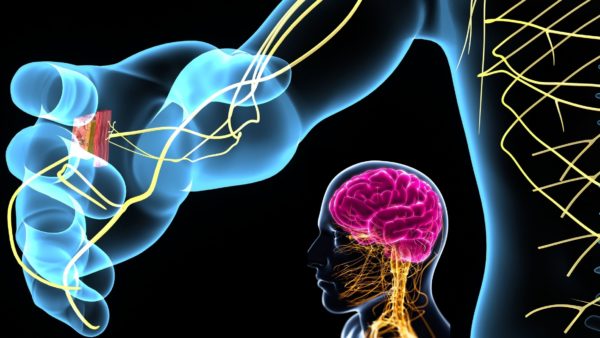(Pause while everyone looks down at their own nails)
I learned to include this little pause during my medical student lectures on Raynaud’s Syndrome and Scleroderma. As opposed to many of the other conditions I treat and teach, there is actually a very high likelihood that a handful in the audience will have Raynaud’s. This isn’t surprising given how common it is, especially amongst women between the ages of 15 and 30. It is when discussing the connection between Raynaud’s and Lupus or Scleroderma, that the wave of concern washes over some faces in the audience. What the audience members are looking for are changes in the nail bed capillaries. These changes, can be a sign that their Raynaud’s Syndrome is part of a larger autoimmune condition. Thankfully, most, if not all, will have perfectly normal nail bed capillaries and be able to sit through the rest of the lecture panic-free. But it is always a reminder that even when speaking to trainees and students, I am speaking to patients.
Raynaud’s is an over-exaggerated vascular response to cold and stress. The healthy response to cold, designed to keep us alive, becomes too strong and lasts too long in those with Raynaud’s. The color changes seen in Raynaud’s, white to blue to red, serve as a reminder of how remarkable our system is.





